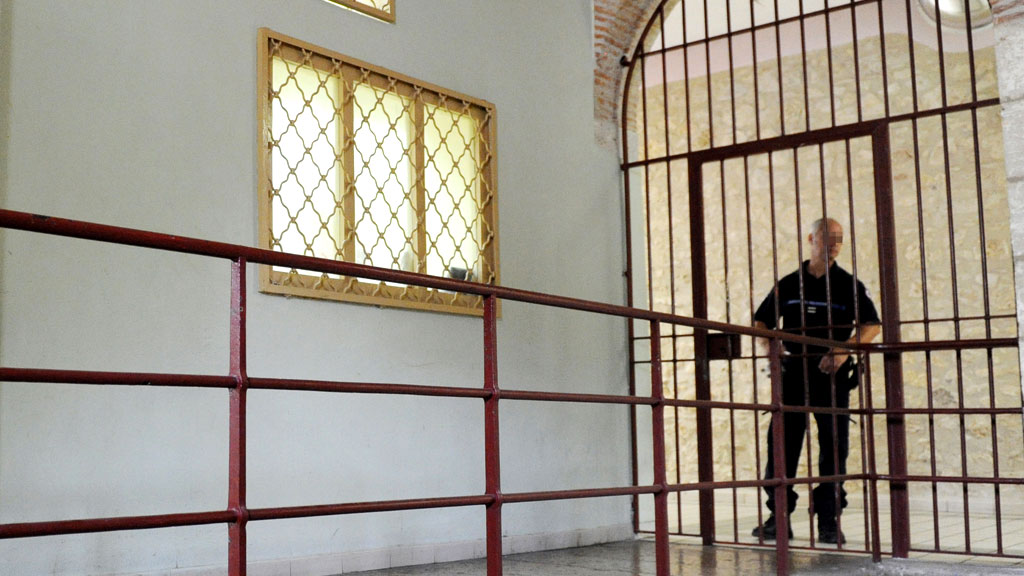Benefit fraudsters face up to 10 years behind bars
Those who try to claim benefits they are not entitled to will face a maximum of 10 years in jail as part of a crackdown by the director of public prosecutions on those who “flout the system”.

Under new rules, suspects will be charged under the fraud act, rather than under social security legislation, which carries a heavier penalty.
Current rules which say that benefit fraud cases of less than £20,000 are automatically dealt with in the magistrates court, where the maximum sentence is 12 months, will also be abolished, the CPS said.
Director of Public Prosecutions Keir Starmer QC warned it was time for a “tough stance” against the perpetrators of benefit and tax credit fraud, adding that the move would save the taxpayer money, and generate more income for the benefit system as a whole.
He said the £1.9bn annual cost of the crime to the taxpayer should be at the “forefront of lawyers’ minds” when considering whether a prosecution was in the public interest.
“It is a myth that ‘getting one over on the system’ is a victimless crime: the truth is we all pay the price,” Mr Starmer said.
“It is vital that we take a tough stance on this type of fraud and I am determined to see a clampdown on those who flout the system.”
Under the new guidelines, prosecutors in England and Wales will be told to seek tough penalties in cases with aggravating features such as multiple offences, abuse of position or substantial loss to public funds.
The financial threshold will also be abolished, bringing the prosecution of benefit fraud in line with the prosecution of other fraud cases, the CPS said.
Last year, the CPS saw more than 8,600 prosecutions in benefit and tax credit cases, along with 4,000 in the first five months of this year, Mr Starmer said. The current conviction rate is 89.7 per cent.
-
Latest news
-
Laughing Boy: New play tells the tragic tale of Connor Sparrowhawk5m

-
Sewage warning system allows some of worst test results to be left off rating system, analysis shows3m

-
Post Office inquiry: Former CEO didn’t like word “bugs” to refer to faulty IT system4m

-
Israeli soldier speaks out on war in Gaza12m

-
PM’s defence spending boost should be ‘celebrated’, says former Armed Forces Minister4m

-




